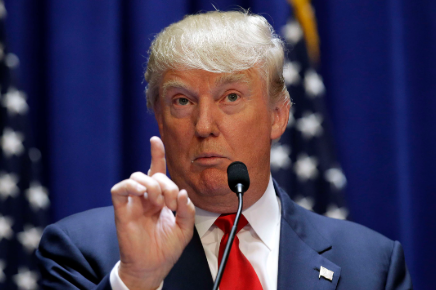As President-elect Donald Trump prepares to take office on January 20, international students at U.S. universities are bracing for a turbulent start to 2025. With over 1.1 million international students enrolled in American colleges last academic year, concerns about immigration policies and travel restrictions are spreading like wildfire. Universities across the country are taking preemptive measures, issuing urgent advisories to students who may face difficulties returning from winter break.
Travel Warnings and Rapid Adjustments
Several universities, including Cornell University and the University of Southern California (USC), have urged international students to return to the U.S. ahead of Trump’s inauguration. Cornell’s Office of Global Learning advised students to come back before the January 21 spring semester start, warning of possible delays due to a potential travel ban.
“A travel ban is likely to go into effect soon after inauguration,” Cornell cautioned in a recent advisory, referencing Trump’s initial travel restrictions targeting predominantly Muslim countries. The new ban could expand to include countries like China and India, further amplifying students’ concerns.
USC echoed similar sentiments in an email, urging students to return a week before the spring semester. “The safest way to avoid any challenges is to be physically present in the U.S. before the Spring semester begins,” the university advised.
Fear of Immigration Policies’ Return
Trump’s pledge to reinstate and expand his previous travel ban has caused anxiety among students and administrators alike. The former president has also vowed to revoke student visas for individuals he considers “radical anti-American and antisemitic,” raising fears of mass deportations.
“It’s a scary time for international students,” said Pramath Pratap Misra, a recent graduate from New York University (NYU), which hosts more than 27,000 international students annually.
Meanwhile, NYU has sought to reassure its community, with leadership emphasizing the importance of cross-border mobility. “As a global institution, we believe that the cross-border mobility of our students and scholars is of critical importance,” the university stated in a post-election email.
Complications for Campus Communities
Even universities in traditionally progressive states, such as Massachusetts and California, are preparing for the impact of Trump’s hardline stance on immigration. Harvard University has advised students to “budget time ahead of the semester start,” while Northeastern University recommended returning by January 6 to avoid disruption.
For students like Gabrielle Balreira Fontenelle Mota, a junior at NYU from Brazil, the prospect of ideological screenings adds to the uncertainty. “What makes me a little bit more concerned is the ideological screenings that (Trump) said he will be implementing,” she shared.
The ideological screening proposal includes excluding individuals Trump deems “dangerous lunatics, haters, bigots and maniacs.” Critics fear it will disproportionately target individuals based on political or religious affiliations.
Balancing Opportunities with Risks
While Trump has proposed granting green cards to highly skilled graduates of U.S. colleges, the plan comes with caveats. Campaign spokespeople have indicated it would exclude individuals deemed “public charges” or aligned with controversial ideologies.
The mixed messaging has left international students feeling uncertain about their futures. “The best way to predict what will happen in the second Trump administration is to look at what happened in the first,” said Stuart Anderson of the National Foundation for American Policy.
For now, international students and universities are doing what they can to prepare, with many hoping for clarity once the new administration takes office. Until then, the shadow of restrictive policies looms over campuses nationwide.

